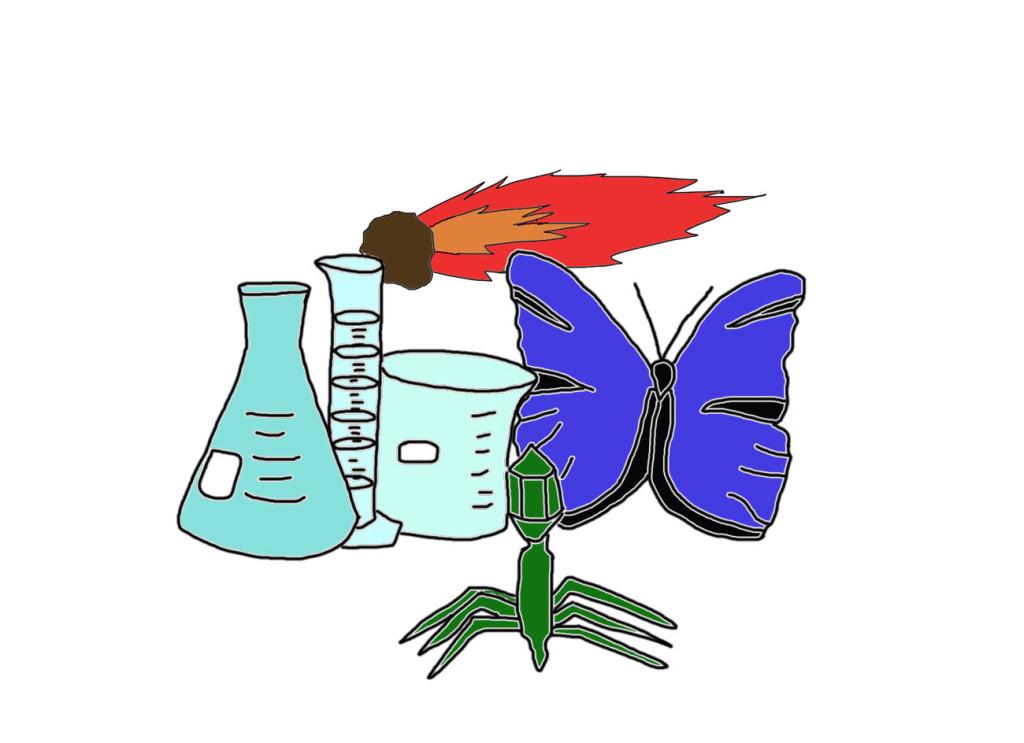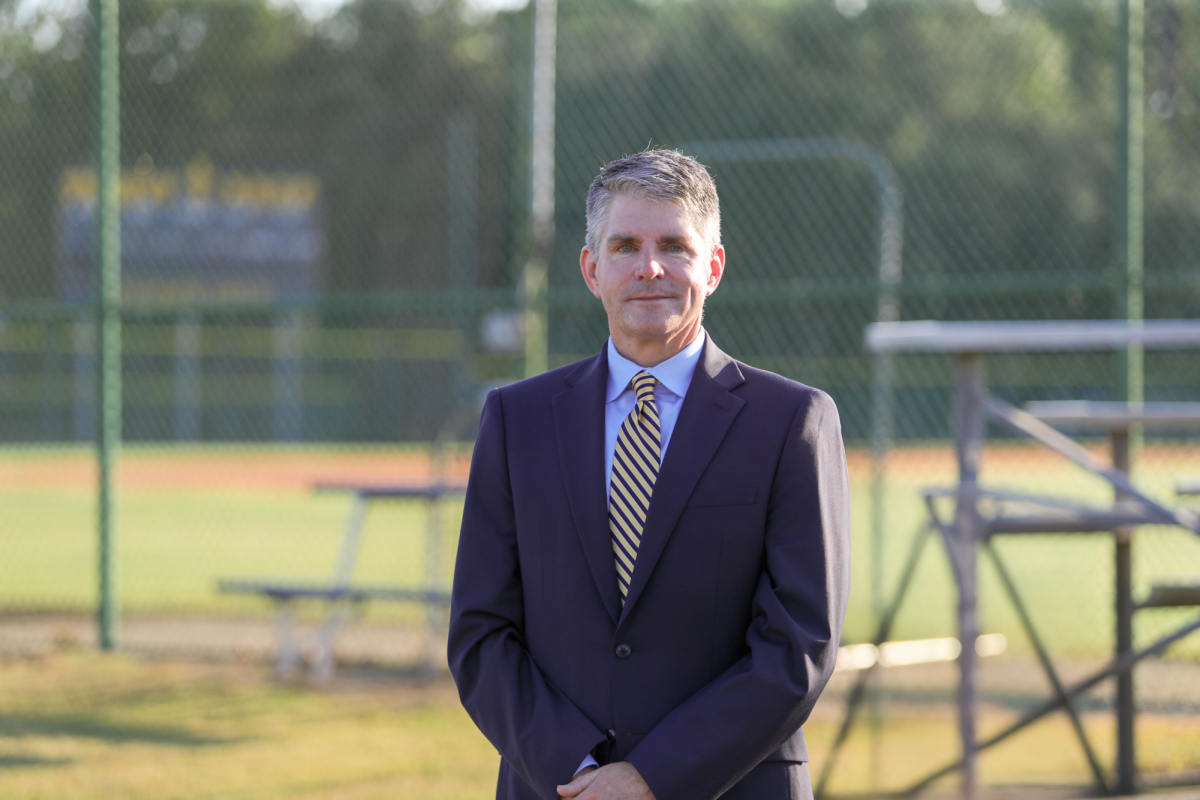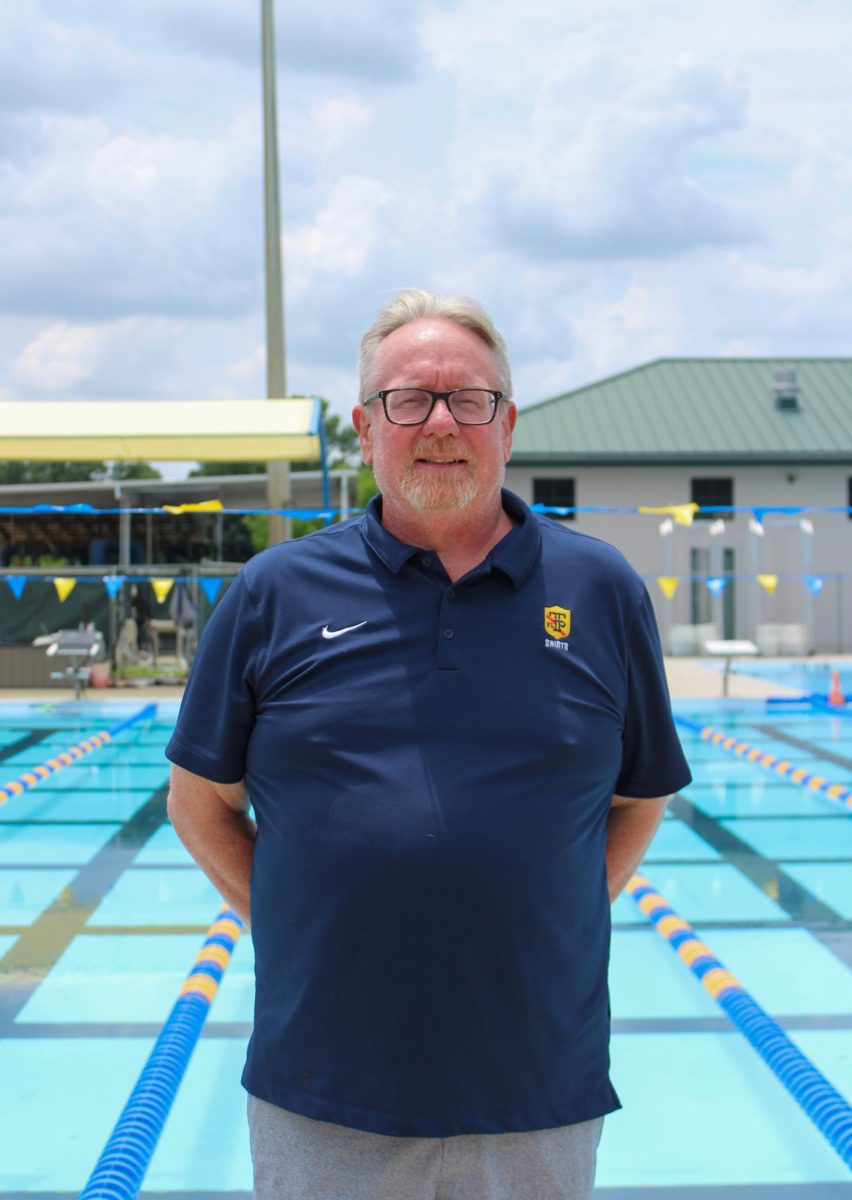Over summer break, Nature’s Publishing Group selected eight high school students to create and administer blogs on Scitable about science topics centered around each of their interests.
Scitable is a free online learning tool produced by Nature Education. Focusing on various areas in science, it offers resources and advice for budding scientists.
“I was at a science conference and ran into the editors of Nature magazine and talked to them about how I wanted to incorporate writing into the curriculum,” science teacher Lali DeRosier said. “They thought it fit, and I had students apply for the positions. [Those] selected picked their own area of interest.”
Operating under the guide of their own editor, each group is responsible for compiling research, writing about a specific topic and editing their piece within a week.
“I think the blogs will benefit the writers and readers because it encourages them to keep up with modern science,” DeRosier said. “It’s great how the blog gives the students a platform to write and research new topics.”
With their dedication to the field of science, these students are known as the “young voices” of science by Nature Education. The blogs featured under this category are The Beyond, Plant ChemCast, Viruses 101 and SciBytes.
The Beyond
Known as a “foray into the study of space and celestial bodies,” The Beyond is a scientific blog conducted by seniors Arvind Raju and Joseph Robillard.
“Our blog focuses on the studies of Cosmology, Astronomy and Astrophysics,” Raju said. “All of the interesting aspects in science-fiction novels: black holes, time travel, etc. derive their basis in Astrophysics.”
From galaxies to wormholes, Raju and Robillard devote about four hours a week to blogging about related topics.
“This is such a learning opportunity,” Robillard said. “Not only do we get to expand our writing skills repertoire to a completely new field of literature, but we also get to explore ideas and beliefs that most people have heard of but never really had the time to research.”
Their appreciation for the study of science is evident through their thorough research and written analysis.
“The task of writing an accurate and succinct article forces us to actually understand each topic in depth and enables us to compress it into a series of understandable facts,” Raju added.
Passionate about the upcoming advancements in scientific discovery, both Raju and Robillard look forward to pursuing a future career in scientific research.
Plant ChemCast
In his hopes to uncover the uses of plant compounds, senior Mathew Pregasen discusses different chemicals weekly on his blog, Plant ChemCast.
“My blog focuses on polyphenols, which are derivative chemicals found in plants,” Pregasen said.
With his fascination in chemical engineering, Pregasen took his interest outside of school as he pursued research at the University of Central Florida this past summer.
“I started out with some readings on the Internet regarding polyphenols and noticed the abnormal inequality of research devoted to animal cells opposed to plant cells,” Pregasen said. “Once I read up on the drastic effects [certain organic chemicals] have on animal cells, I decided to broaden the research to plants.”
After extensive research, Pregasen decided to bring his passion to the blogosphere where he spends a few hours every week researching each topic.
“The blog is a place to further explore my field of study,” Pregasen said. “It will let me grow by expanding my knowledge of specific fields.”
Furthermore, Pregasen feels as if this blog will enable him to apply knowledge to worldwide proportions through marketing and innovation.
“Any scientific discovery is not usable worldwide unless it is manufactured at the large scale, so I see myself as a cross between engineering and business,” Pregasen said.
Viruses 101
From the deadly effects of Ebola to the newly introduced worldwide threat of the Middle East Respiratory Syndrome (MERS), sophomore Julia Paoli’s blog, Viruses 101, discusses the global impact viruses can have.
“The overall theme of my blog is devoted to effects of viruses,” Paoli said. “Each post discusses a different virus topic and the serious influence they have on daily life.”
Some topics covered on Paoli’s blog include Pandoraviruses, Rabbies and MERS.
“Having the opportunity to blog about different types of viruses has definitely been a fascinating experience because of its relevance to the human population,” Paoli said.
Although Paoli’s scientific inquiry has amplified over the years, her intrigue for the world of viruses was initially sparked by a book she read in middle school.
“In seventh grade, I read a book called The Hot Zone, which discusses viruses in depth,” Paoli said. “Before that, I didn’t know anything about viruses. It showed me the large importance viruses have internationally.”
Working individually, Paoli devotes nearly five hours to the entire blogging process per week.
“It has been so beneficial,” Paoli said. “I’ve definitely learned a lot about viruses, a lot of things I wouldn’t have if I didn’t write for this blog. It has developed more interest in viruses for me and has increased my interest in scientific study as a whole.”
In the future, Paoli hopes to further her scientific discovery as a virologist and ultimately find the cure for Ebola.
SciBytes
Expanding on various topics in life science, seniors Sebastian de Armas, Ryan Hopkins, Austin Hopkins and Paul Reggentin work collaboratively on their blog, SciBytes.
“SciBytes is all in the name. It’s packets of very interesting and often unknown ‘bites’ of scientific knowledge, showcased through the Internet,” de Armas said. “The majority of all of our blog entries are about how science works in our lives and why it’s important.”
SciBytes features a variety of topics, such as the revolutionary discoveries of Darwin, the chemistry behind hard-boiled eggs and the fatal effects derived from a snake bite.
“I think that the blog has benefited me a ton personally,” Reggentin said. “Now whenever I see something interesting in science class or on the news, I think about how I can find out more about it.”
From the beginning of their scientific journey, these young scientists have been passionate about scientific discovery and the reasoning behind natural occurrences in the real world.
“Having the ability to blog through Scitable will give us the incentive to learn even
more about the study we already love,” de Armas said.
















